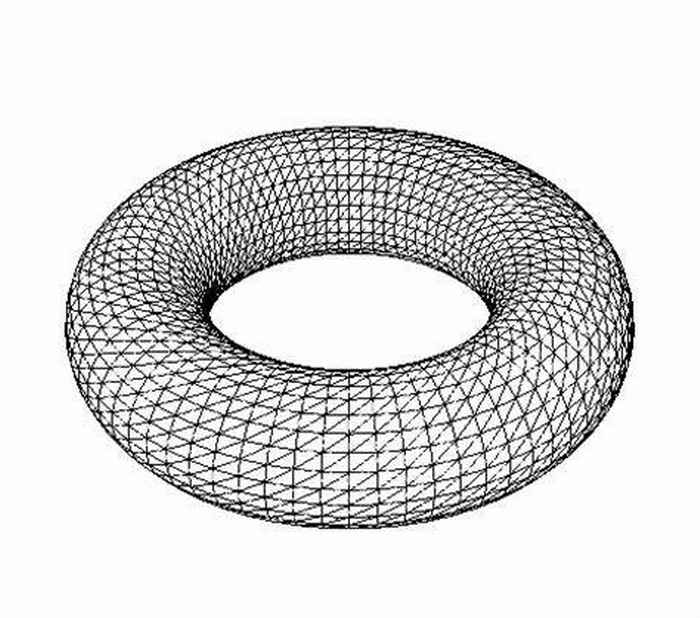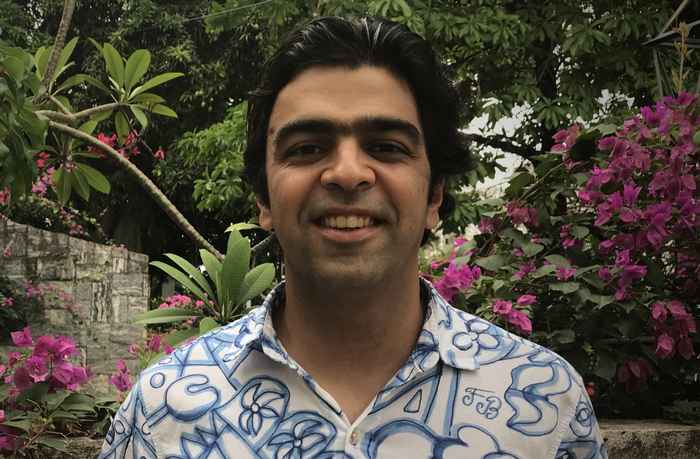Enriching Connections and Ideas: My Transformative Fellowship at IAS
Blog by Alumni Fellow Fernando Nóbrega Santos
27 March 2023

Upon joining IAS, I aimed to strengthen my interdisciplinary profile, combining applied topology, neuroscience, and multivariate information theory. The institute connected me with esteemed scholars in the Netherlands, who played a significant role in helping me achieve this goal.
One of the most noteworthy aspects of my fellowship was the interdisciplinary nature of the IAS environment. It allowed me to connect with scholars in various fields related to my research, providing a platform for exchanging ideas and fostering collaboration. Additionally, IAS organized numerous online and on-site events, which contributed to my professional growth. For example, the kickoff lecture in March 2021 enabled me to propose my research agenda to the Dutch scientific community and beyond. Following this, I collaborated with Rick Quax to organize an online workshop on the intersection between algebraic topology and information theory, bringing together scholars from across Europe. We soon realized that a more comprehensive understanding of both fields was essential for effective collaboration. So, we organized two lecture series – one in algebraic topology (07/2021) and one in information theory (09/2021) – to bridge the gap between these domains.
Parallel to these efforts, IAS sponsored me to work with two research assistants, Floris Tijhuis and Minne Scheppers, to build an open science database based on the Human Connectome Project. After building the database, this collaboration culminated in the IAS-Brainhack. This hackathon attracted 18 scholars from the Netherlands and beyond to explore the human connectome database using methods from high-order interactions in networks. In collaboration with Rick Quax and IAS fellow Tiziano Squartini, we organized a workshop on high-order interactions at IAS. This event fostered discussions on blending information and topological approaches and applying high-order interactions in complex systems, particularly in the context of the human brain.

My time at IAS not only helped me establish new connections but also inspired future work and collaborations. I had the pleasure of meeting several dedicated fellows, such as Tiziano Squartinni and Flavia Barsoti, with whom I started collaborations. Beyond fellows, I also had the opportunity to work with members of UvA who are affiliated with IAS, particularly Dr. Rick Quax and Dr. Clelia de Mulatier.
To those considering becoming an IAS fellow, I would like to emphasize the positive impact of this experience on my career. The IAS team treats you like family and ensures that you feel comfortable and empowered to achieve your scientific goals. In conclusion, my IAS fellowship was a transformative experience that enriched my professional and personal life. The interdisciplinary environment, engaging events, and supportive community created an atmosphere that nurtured my growth and fostered meaningful connections. Many thanks to IAS for this wonderful opportunity.